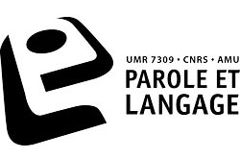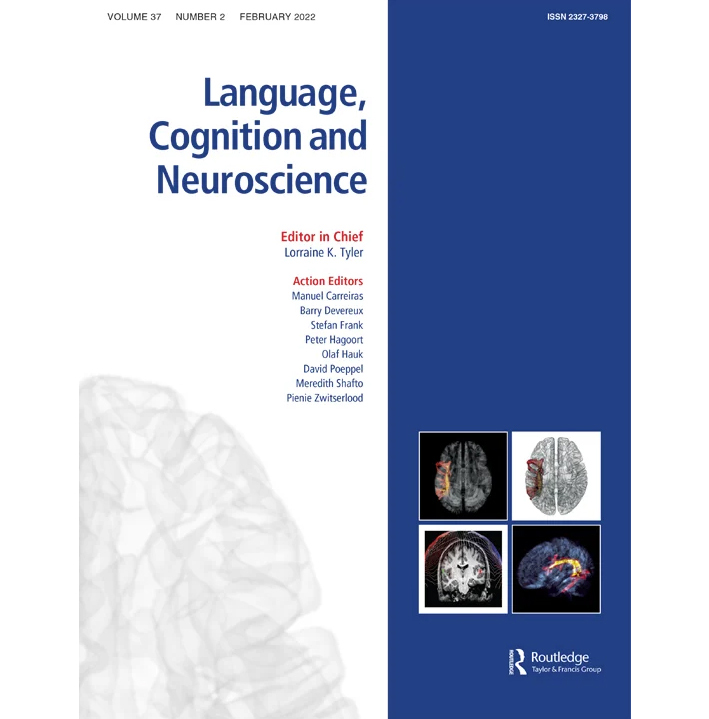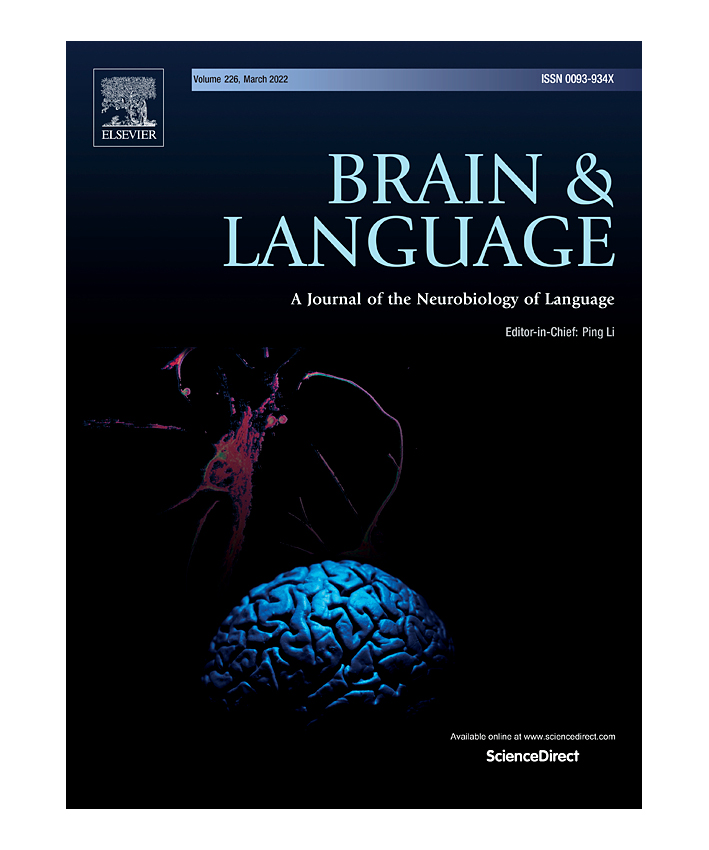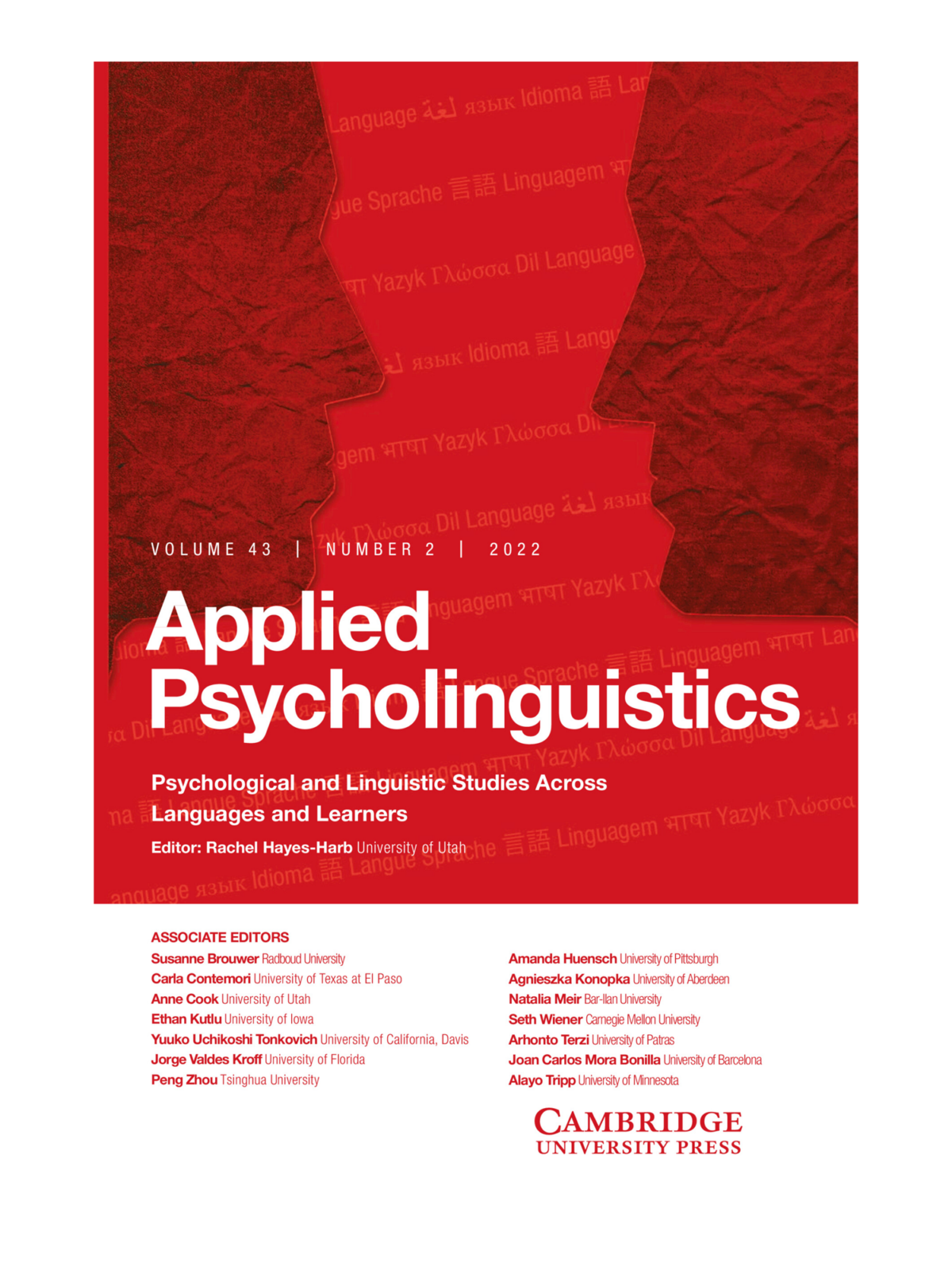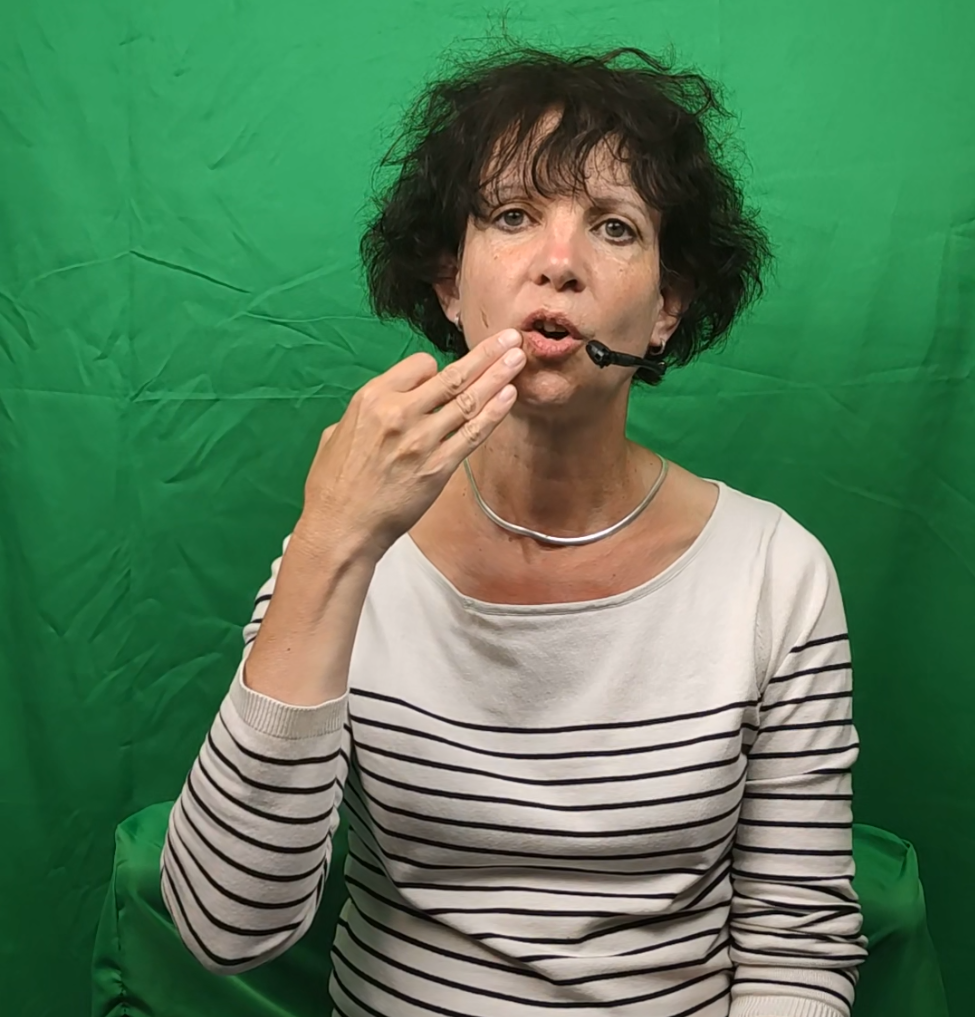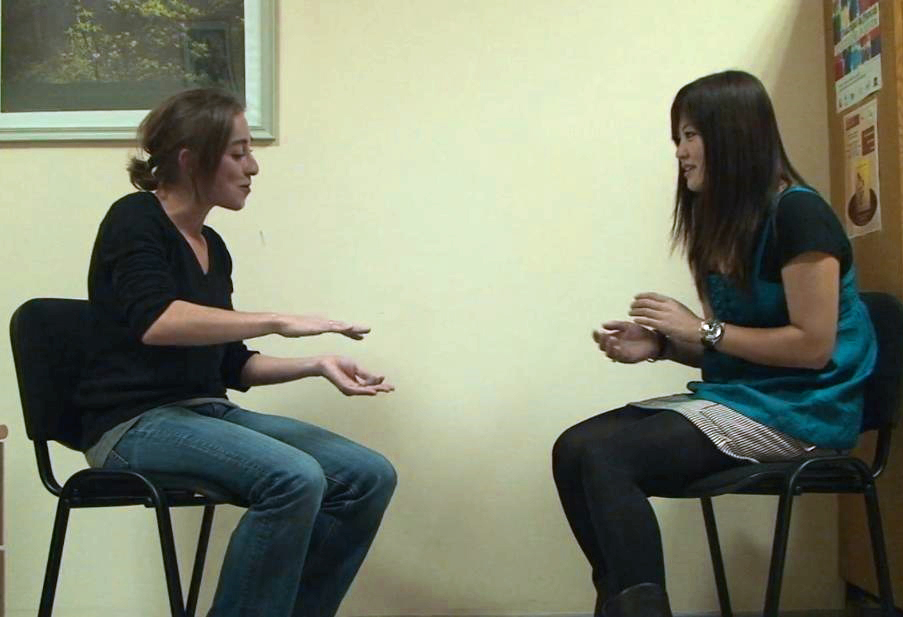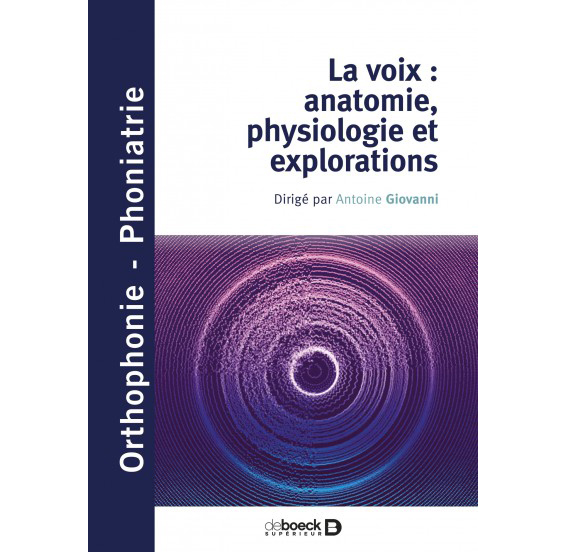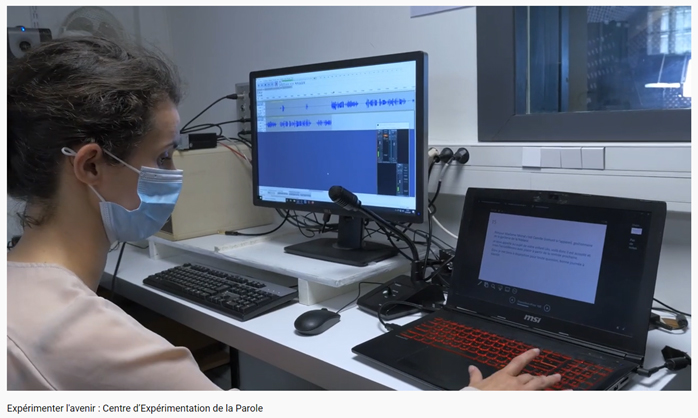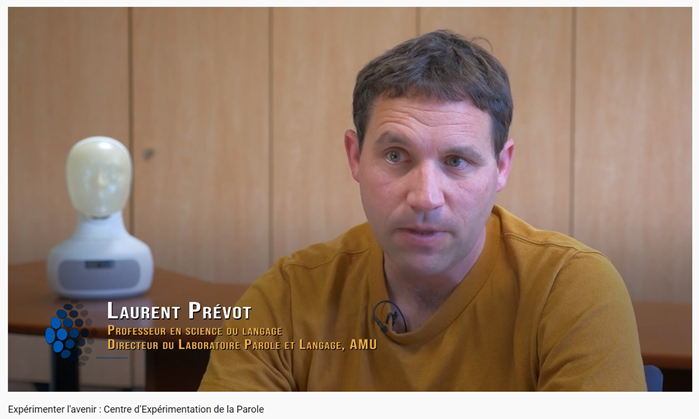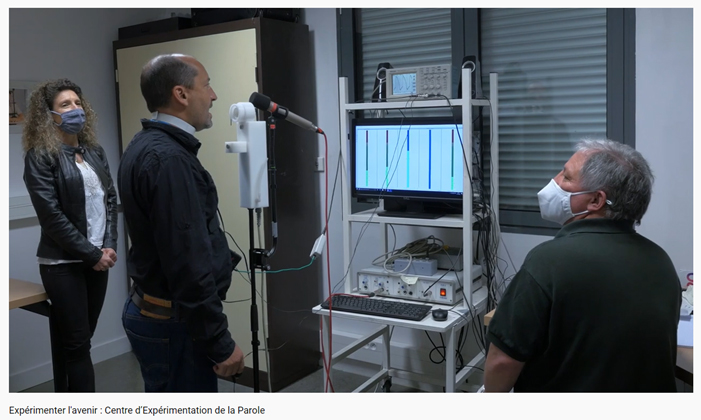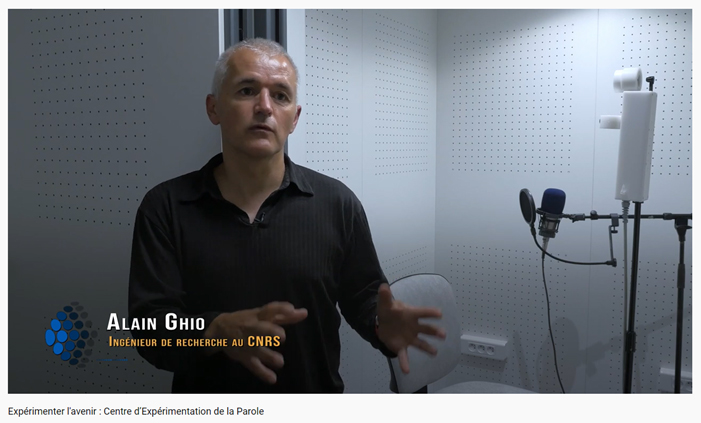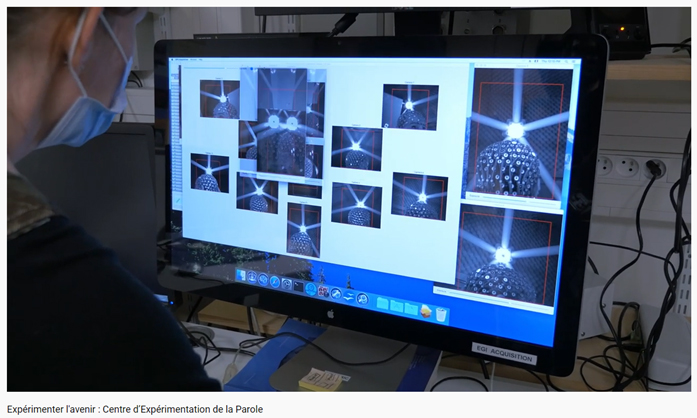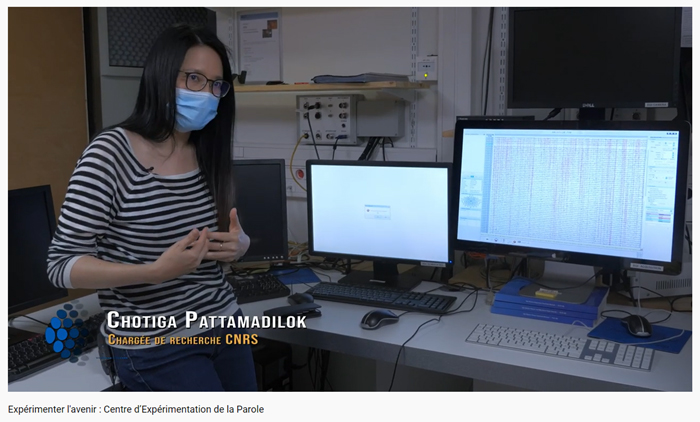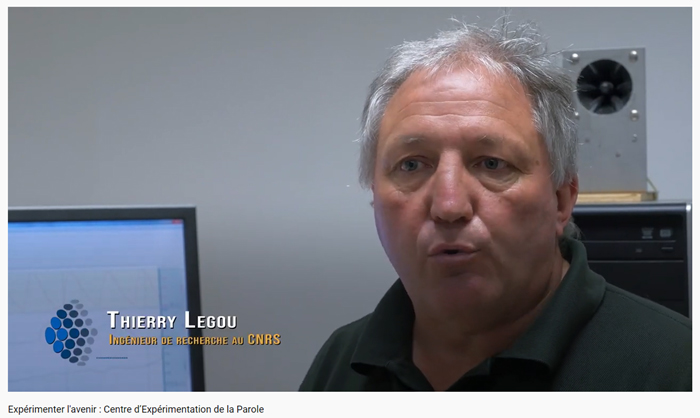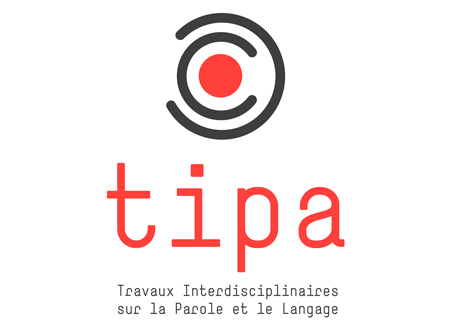Marion Tellier (LPL), Gale Stam (National Louis University) and Alain Ghio (LPL) have just published the article "Handling language: How future language teachers adapt their gestures to their interlocutor" in the scientific journal Gesture. This eagerly awaited article is the culmination of important research work as part of the "Gesture in Teacher Talk" project conducted by Marion and Gale since 2009.
Reference: Marion Tellier, Gale Stam, Alain Ghio. Handling language: How future language teachers adapt their gestures to their interlocutor. Gesture, John Benjamins Publishing, 2021, 20 (1), pp.30-62. ⟨10.1075/gest.19031.tel⟩. ⟨hal-03445299⟩
For information, the article is available in its entirety at the LPL library (and soon also in HAL).
Abstract:
This paper addresses the question of how speakers adapt their gestures according to their interlocutor’s proficiency level in the language of the interaction especially in the specific context of foreign language teaching. We know that speakers make changes in their speech when addressing a non-native speaker, called Foreigner Talk (Ferguson, 1975) to make their speech more comprehensible. However, whether and how gestures are also modified along with speech has hardly been addressed in the literature. In this study, we examined the speech and gesture of future teachers of French in a word explanation task to see what types of adjustments they made when explaining a word to a native speaker and a non-native speaker. We had ten future teachers of French explain the same 12 words to a native and a non-native speaker of French and compared the explanations. We found that the future teachers produced significantly more gestures, significantly longer gestures in duration, significantly more illustrative (iconic and deictic) gestures, and significantly larger gestures when addressing a non-native interlocutor. These results show that native speakers make not only speech adjustments but also gesture adjustments in addressing non-native speakers.
Credits: Corpus GTT 2009 (Tellier and Stam)
